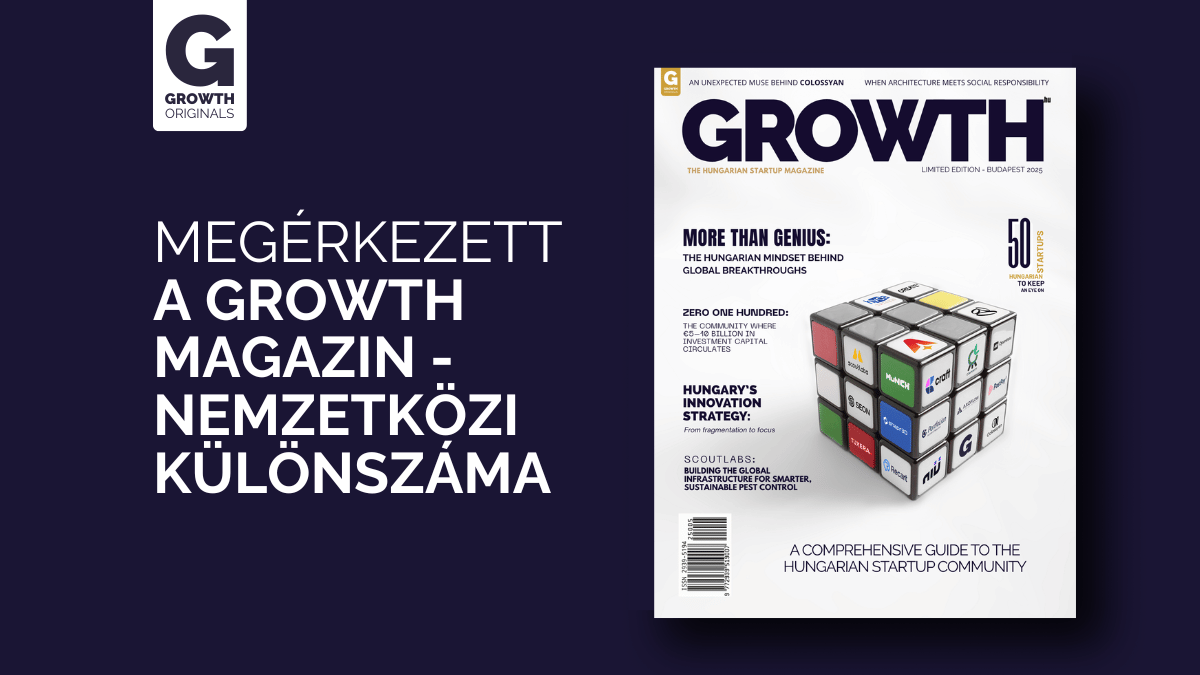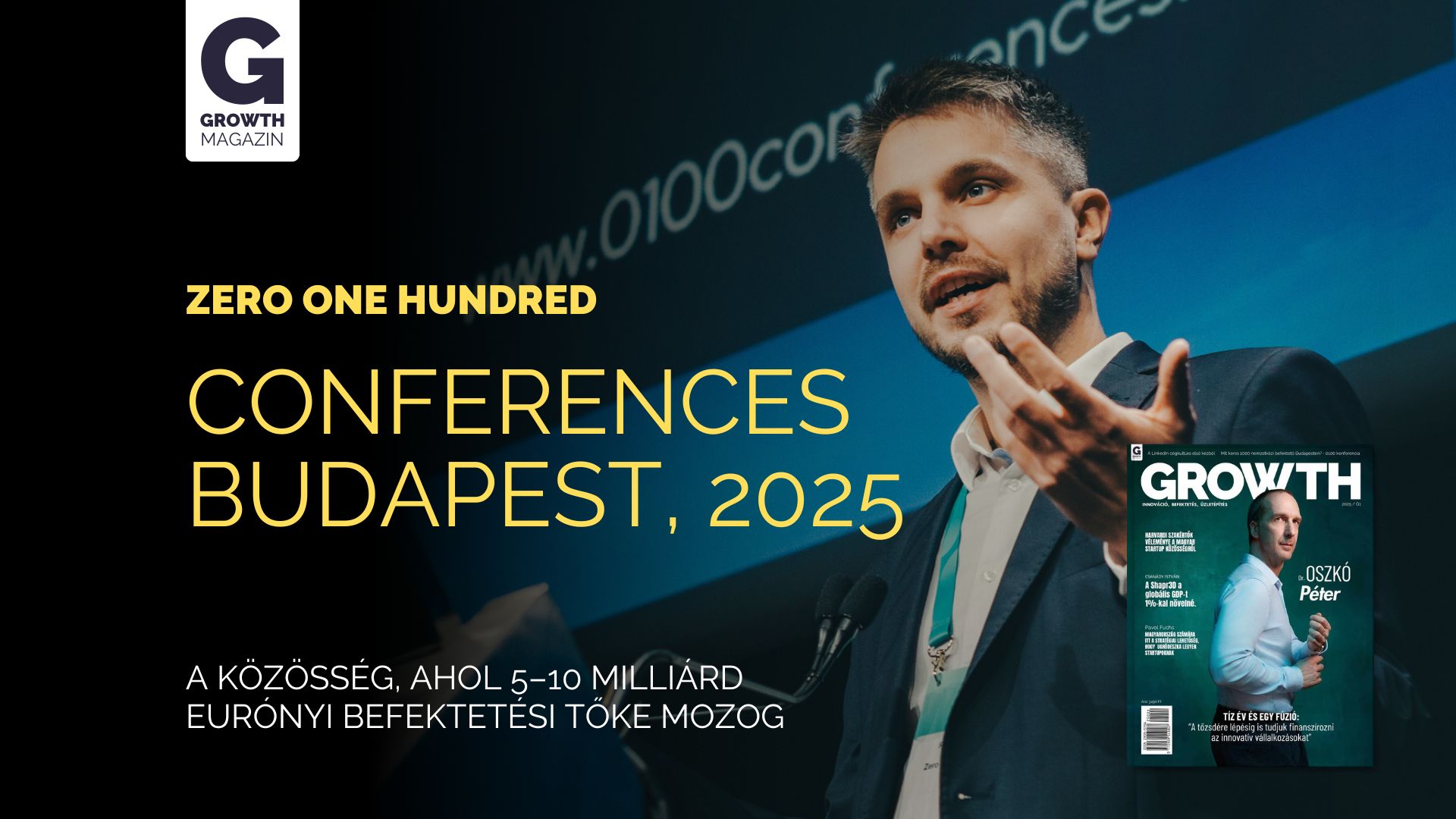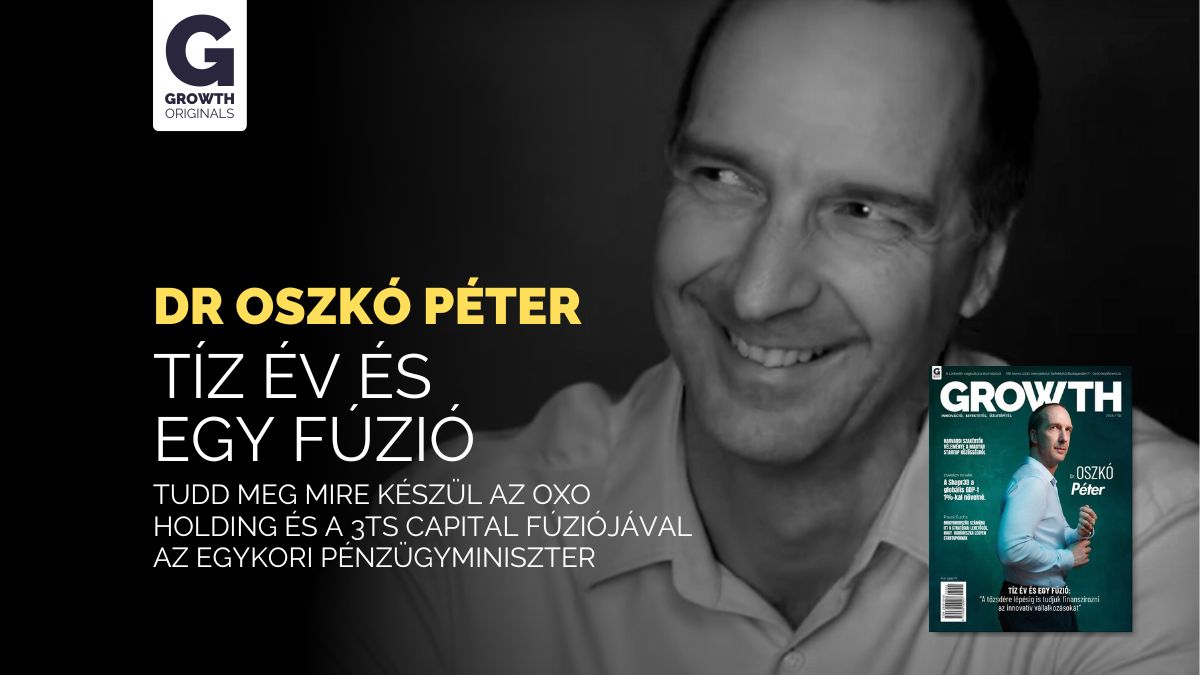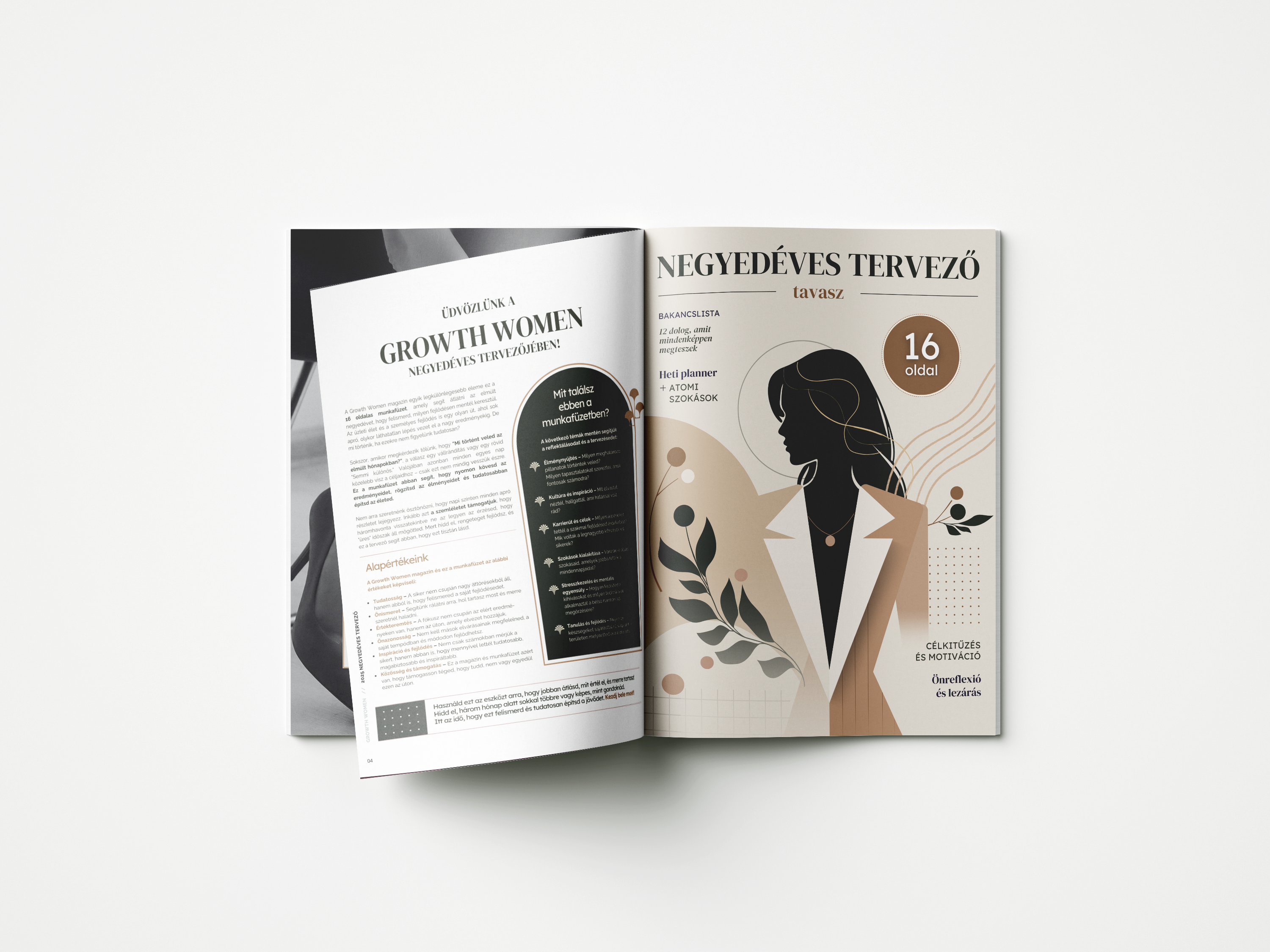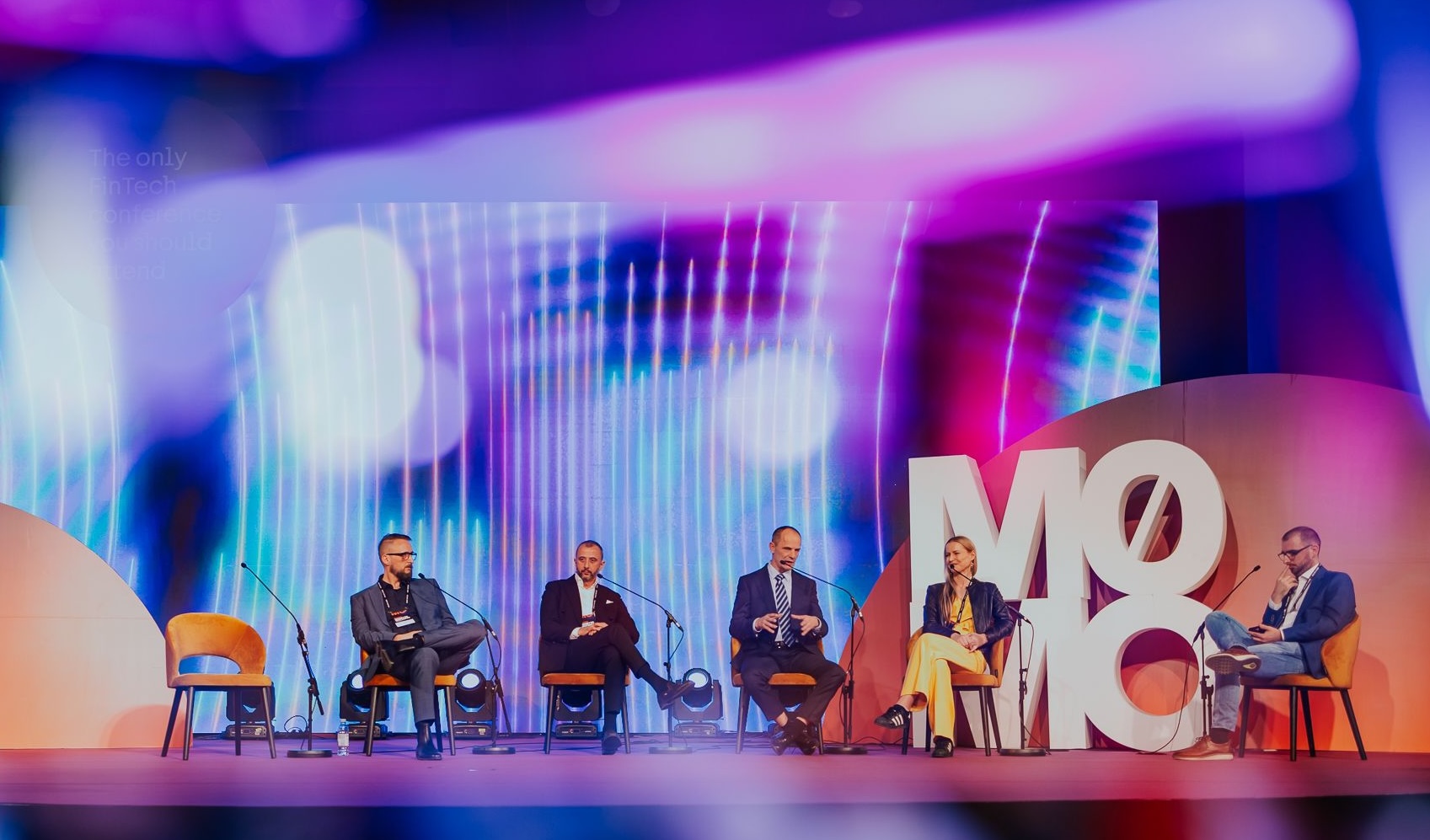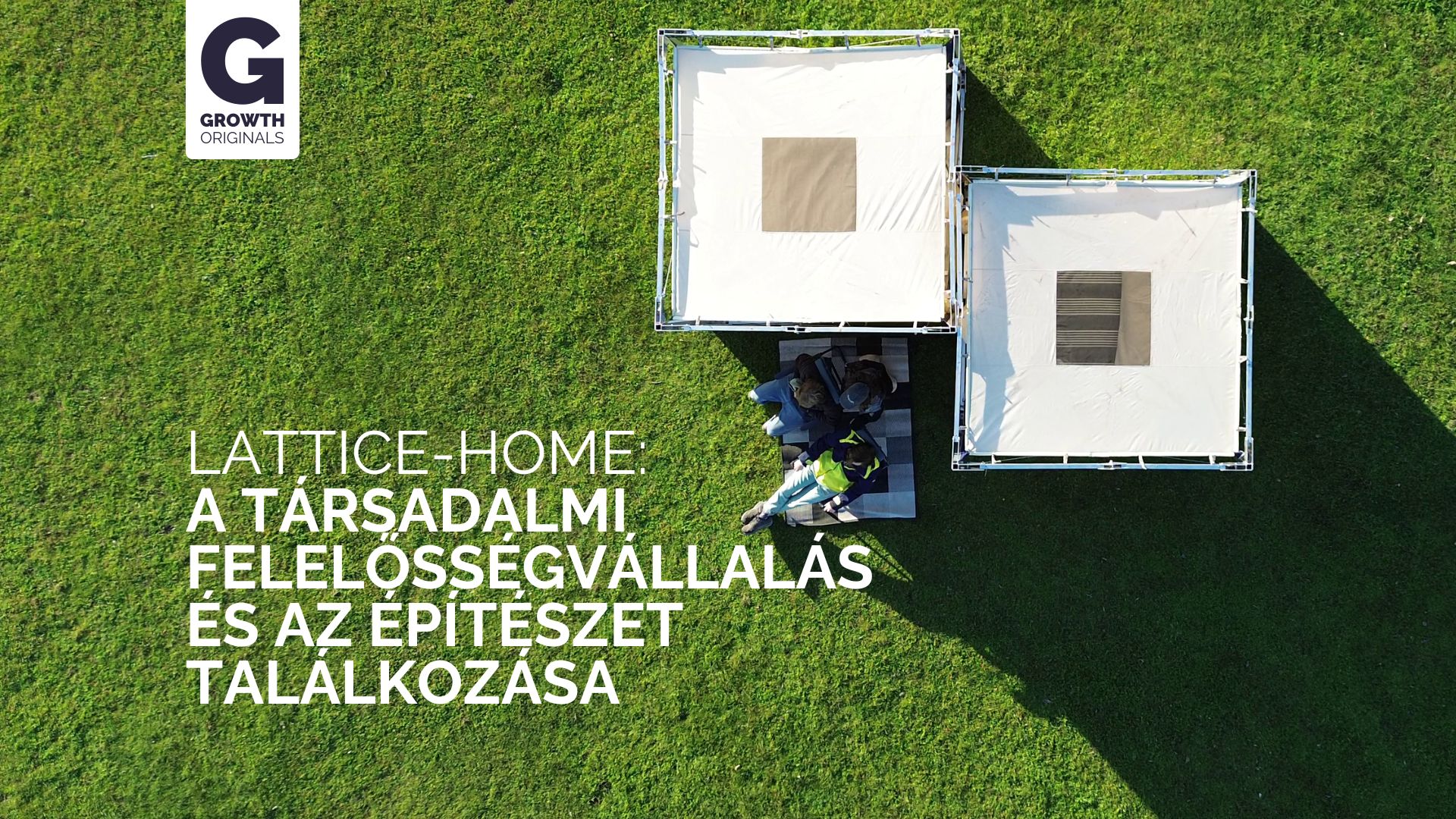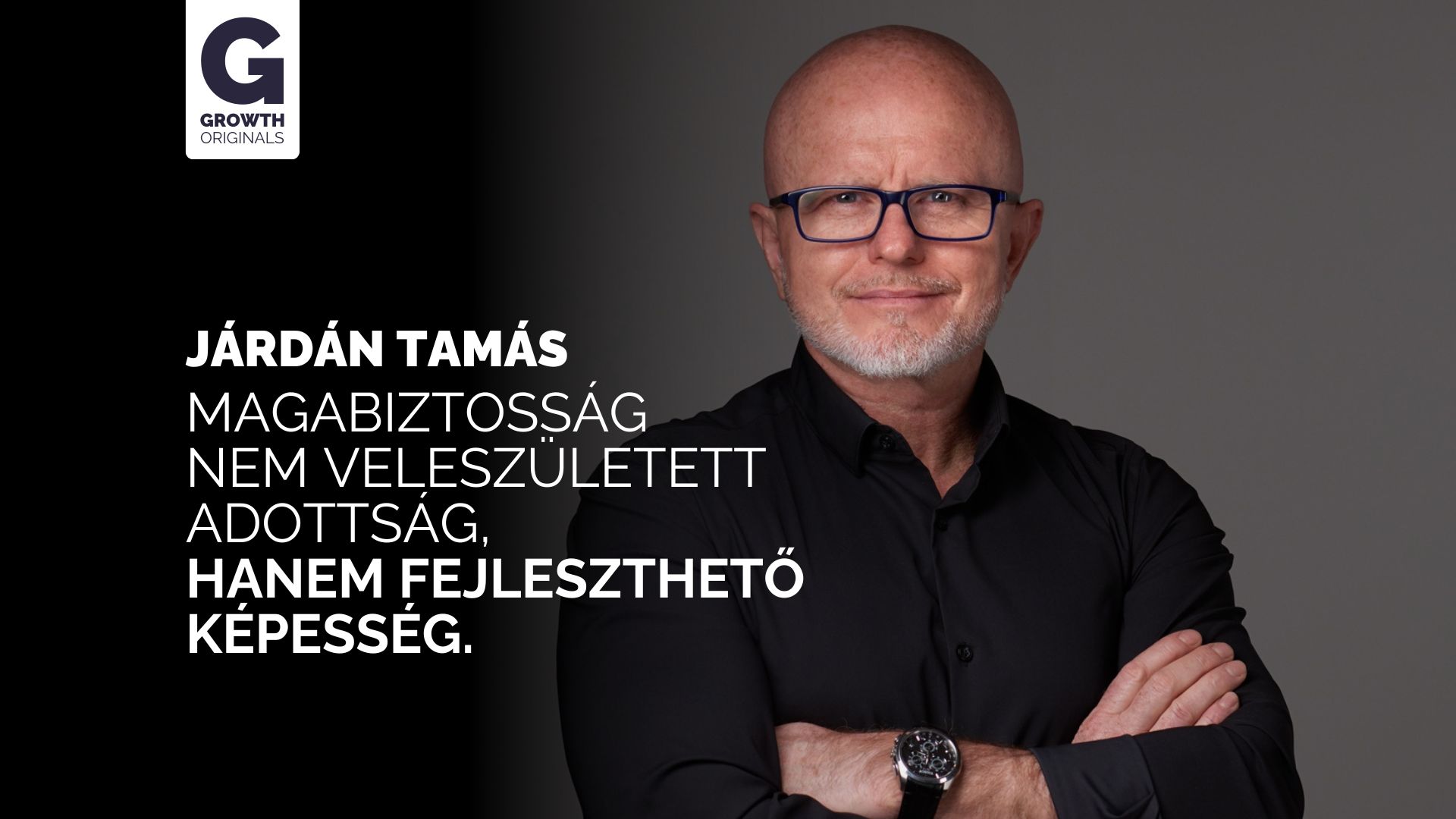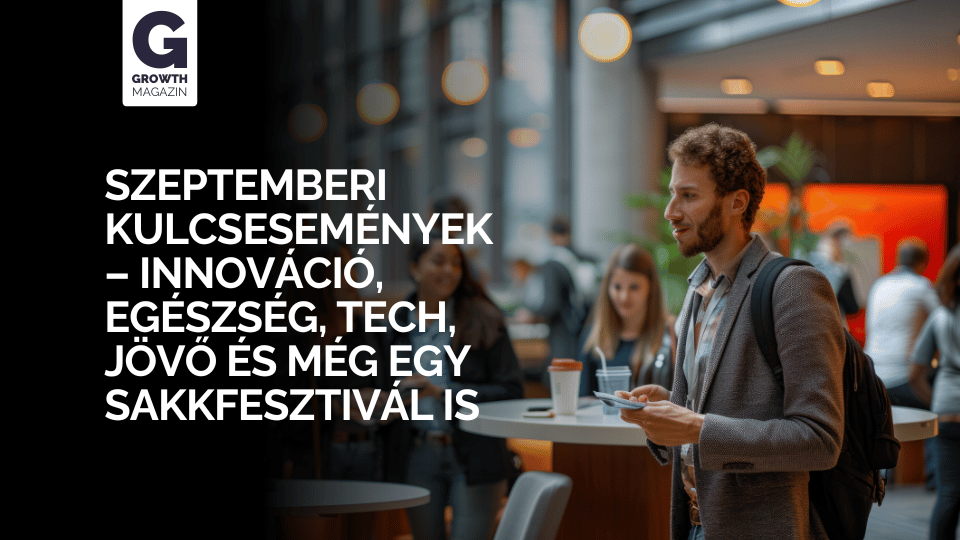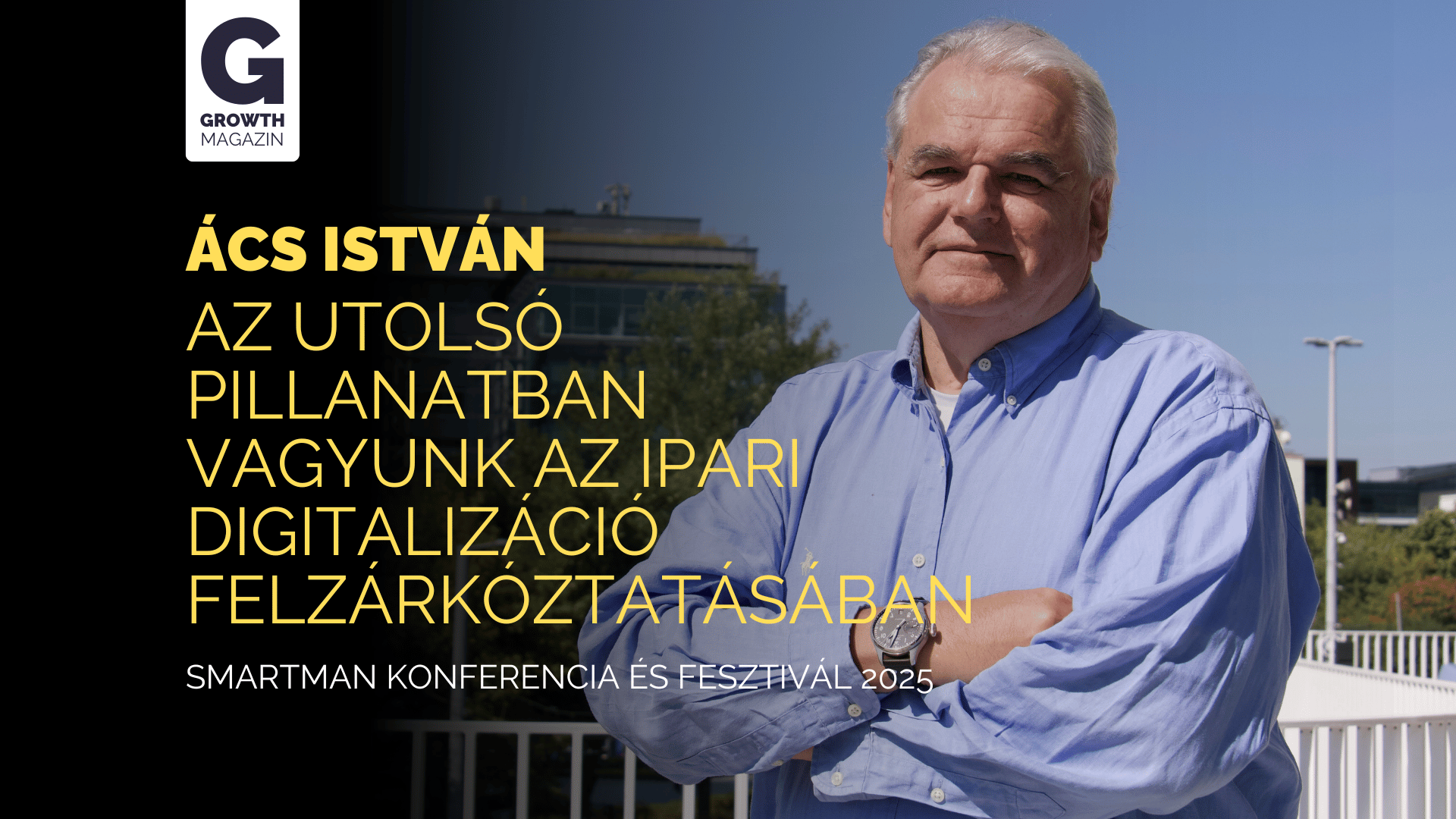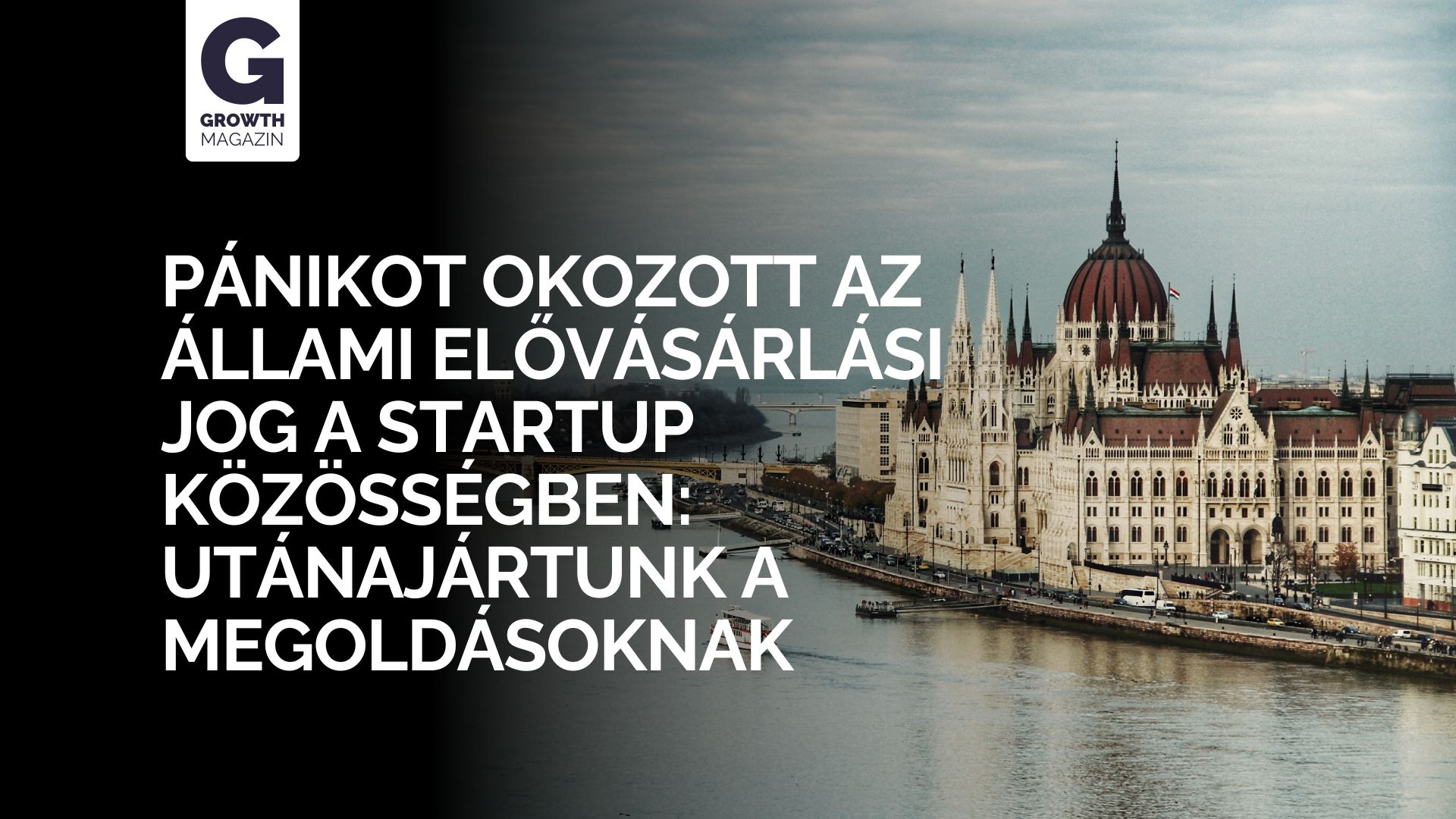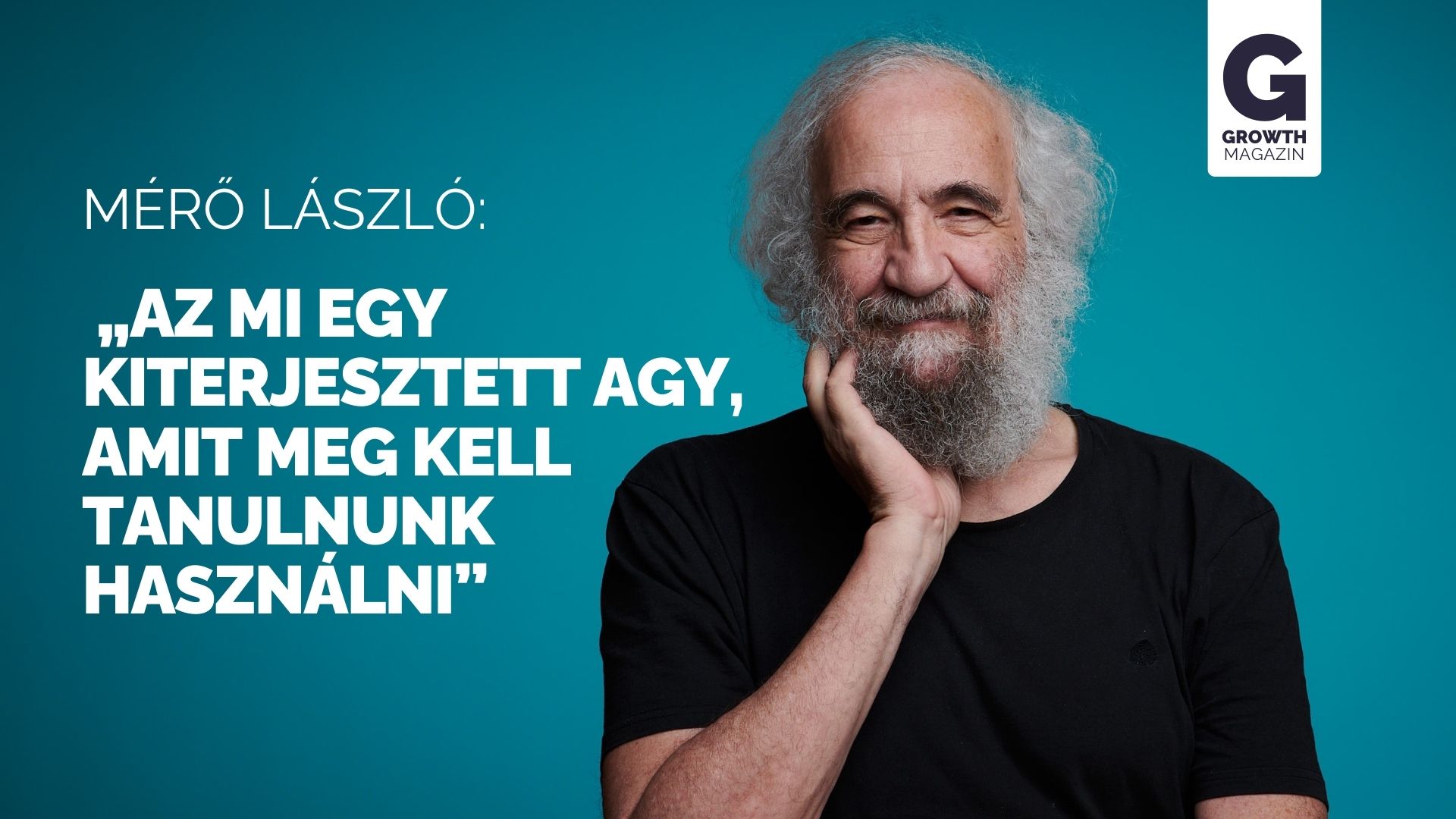Volteum
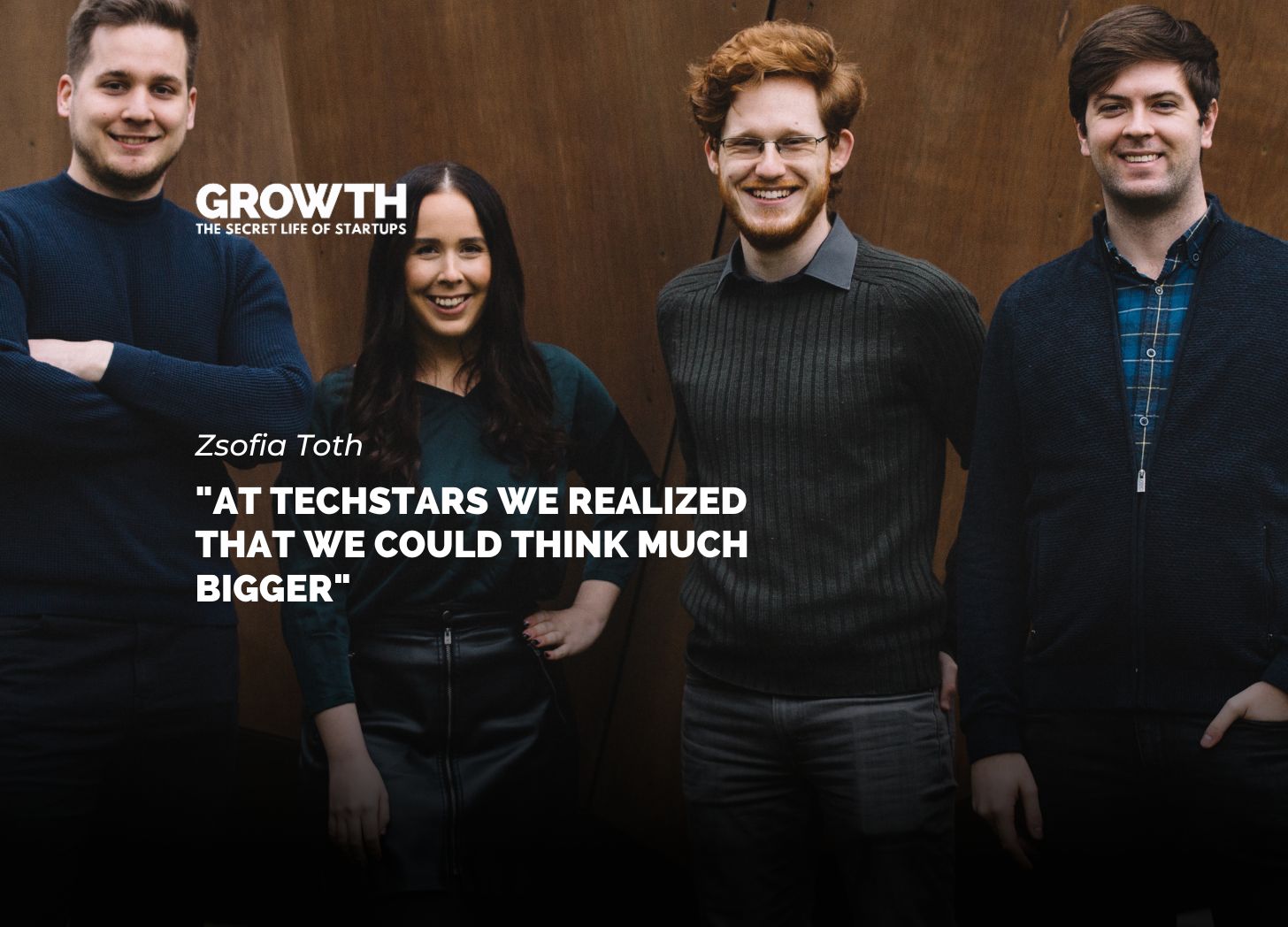
Imre Hild: I am very happy to introduce two enthusiastic Hungarian young entrepreneurs, Zsofia Toth and Kornel Kalman, both representing Volteum. Those of us who are more or less familiar with the Hungarian ecosystem we heard about Volteum earlier. The purpose of this interview is to gain insight into your company, what you guys are doing, and obviously, familiarize ourselves with your recent adventures with Techstars and how that whole process went. I’ll let you introduce yourselves because nobody can do that better than you guys.
Zsofia Toth: Actually, it’s been quite an adventure. I’ve known Kornel for more than seven years now and we started working together during university in a non-profit organization. It worked really well, with our two co-founders as well. We had this feeling that we wanted to continue this after university in the for-profit sector in our own company. At that time, we were looking at challenges that we faced, and we thought that there wasn’t a really good solution for that. One of them was range-anxiety. We always had this fear of running out of charge with electric vehicles, we could never know how long charging would take, it was a mess. We thought, OK, we are engineers, if it’s so hard for us to predict these things, how hard it must be for non-technical people.
This is how Volteum started. First, it was a mobile-app for EV drivers, we could plan their routes very easily, we predicted their state of charge, inserted the best chargers on the way, it was quite a complex app. During the spread of this process we got the feedback from the industry that it would be great to do it for fleets as well because there are much bigger optimisation problems on the B2B side. In the last year, we pivoted fully to the B2B side, we got quite many inbound requests and also, some bigger players offered partnerships. I think it was quite a natural process I would say. In the last months, we were living in Turin because we participated in the smart mobility accelerator of Techstars.
Imre Hild: OK, let’s just roll it back a little bit. Techstars and the Techstars Accelerator Network is a dream come true to many startups. I mean, to-date I think, you are the third or fourth Hungarian team who made it to the Techstars family, as they call it. How did it actually start? Where did you hear about Techstars, where did the inspiration come from?
Kornel Kalman: So last year, we were introduced to Martin Olczyk, the managing director of Techstars. He was looking for startups and we had a meeting with him here in Budapest. That was the first connection with Techstars.
We also had in my mind that we would really like to go abroad to get some good connections and experience outside of Hungary.
We were thinking about applying to the program and Martin warned us before the deadline: “You guys are going to apply, right?” And we said: “Sure, definitely!” So this was the beginning. After that we had several interviews, in which we had the chance to get introduced to the whole team and they evaluated us. And we got to know that we are going in December. So that was the journey from getting to know Techstars and being selected.
Probably, hundreds, maybe thousands of startups were competing for these. Ten or eleven spots or how many were in the January program?
Kornel: There were twelve startups. It was really inspiring because startups came from Ukraine, UK and from Germany. It was really international, and we got a lot of mindset changes from every culture. We met a lot of people. It was great, because if you’re working with other startups during the whole week, you never stop working and thinking. It’s totally different from being here, you know, with your family and your friends. There we could really focus on what we are building, what our goals are. We took this mentality home so we haven’t slowed down.
So there was no distraction there, but there’s distraction here but you don’t mind.
Kornel: Now, we are ignoring it!
Can you describe what happened in those three months? There are legendary stages of acceleration at the Techstars accelerator, like the mentor madness and all the others.
Zsofia: Yeah, The first week is orientation week, you get to know all the other startups and the Techstars staff. The next three weeks are called mentor madness. This means you meet more than 150 mentors for 20-minutes, it’s like speed dating. You can ask them about your biggest challenges and get to know each other.
Wait, you meet 150 people? You don’t select from 150 people?
Zsofia: No, you first meet. After that, based on what we think who we need the most, and who the best fit is, we choose 3-5 lead mentors who are going to follow our journey through the next nine weeks.
What is the composition of these 150 people? Are they all in mobility? Or do they have a variety of skills?
Zsofia: It’s really diverse. There are definitely some people coming from the mobility, automotive, smart city industry, but there are some other people from completely different industries, but with really relevant qualifications for startups like sales, business development, marketing. We also wanted to have a really diverse lead mentor team to cover all the spots that we were lacking at that time. We had mentors helping us with marketing, with sales, with business development, customer success and financials. After these three weeks, we chose our lead mentors. Then, comes four weeks of so-called execution weeks.
Was it a mutual choice? So is it like you are choosing mentors and they are also choosing you?
Zsofia: Yes, they have only one or two startups that they can mentor, so they can really focus. They have to choose as well. So yes, it should be a mutual choice.
What happened afterwards?
Zsofia: There were four weeks, called execution weeks, when we were really focusing on reaching our goals, implementing all the things we’ve learned during mentor madness and the Techstars workshops. In the last three weeks, we had many workshops that would help us proceed with fundraising, how we can prepare the best for investor meetings, and how we could determine our goals for the next period. We also had a lot of pitch training because the whole Techstars experience ends with a demo day, so I had to pitch in front of 500 people.
Good for you! So how did this investment preparation work out for you? Are you on track for a series A or a seed round? What’s your status now?
Kornel: Right now, we started our next fundraising round. We are searching for an investment, and I’d say we are in this pre-seed phase. It depends on how you define it.
So what happened to you guys in those three months, if you actually compare yourselves, Volteum on 1 January vs on 1 April?
Zsofia: I think this whole journey was a mindset change. I thought that before we went to Techstars we were going for big things and had an international mindset but at Techstars we realized that we could think much much bigger. Also, I think in a way we became much braver to plan for bigger goals, and get confidence that we can achieve it and we’re on a good track.
We got amazing help from our mentors, they really helped us on loads of fields that we were a little bit lacking. Like on the business development and sales side we could develop an extreme amount compared to where we were in January. And with investors as well what we learned is that we shouldknow what we want from an investor, it’s a mutual thing. It is like a marriage, you will be together for more than 5-7 years, you have to like the investor, so building this mutual respect with investors is what is really important as well.
So you see a lot clearer and understand everybody’s intent and benefits in the entire process. What did you have to give up to be part of the Techstars family? Because that’s a question everybody has in mind. What was your valuation? How much money did you get?
Zsofia: I think we are not really allowed to talk about it in detail but it was a fair deal. I believe we got much much more value than what we had to give up for it.
So you moved back from Turin, Techstars is over. Is the connection to Techstars program is over? Can you characterize how the relationship to the Techstars family is going on?
Kornel: Yes, actually we keep in touch with other startups. We had a call with another startup that we met there. We’ll also have monthly or quarterly follow-ups or video calls with all the companies from the batch. They say Techstars is for life, it’s a life changing thing and the connection will stay for years, or maybe forever. Zsofia: What also really a good validation is that some of our mentors committed to invest so they become angel investors in the company from mentors. It’s a tremendous help and it will be really amazing to continue this journey with them.
Can you characterize these mentors in a couple words without mentioning names or company names? What level of people are these?
Zsofia: Most of them are C-level or director level so they went through different phases steps with their own companies or at huge multinational companies. I think the biggest value that we get from them is their experience, from the industry and their own specific spheres. What I could highlight is that all the time we could be really transparent with them. If we had a problem or any challenge we could just tell them honestly, and they would help. In Techstars they call this: “give first attitude” meaning that you don’t want anything back you just give.
Because you know it will come back at one point.
Zsofia: I think it was a huge thing for us: sharing our challenges with more experienced people than us. It shortened the period in which we could solve these problems and challenges. Our efficiency is much higher.
After listening to your story I’m sure a lot of entrepreneurs and startups also have the same idea: OK, we need to apply to the next round at one of the Techstars Accelerators. Do you have any kind of message for them? What should they pay attention to? What is your inspirational message to them?
Kornel: Don’t be afraid before the Techstars program. I think we were a little bit afraid of going abroad, spending three months there and so I would say don’t be afraid, apply for it, go for it! And give 100% because if you 100% you will get more out of it. That’s the base rule, give 100% because if you don’t, you will not benefit that way. This is my advice. Zsofia: And also application-wise, our main goal was to be transparent, with Martin we had several calls, he knew what he was in for. This was, I think, the thing that he appreciated in us and in other startups as well, he was looking for true teams. He always says that if you don’t have problems you are at the wrong place because everybody is here at Techstars to help you solve problems and overcome challenges.

